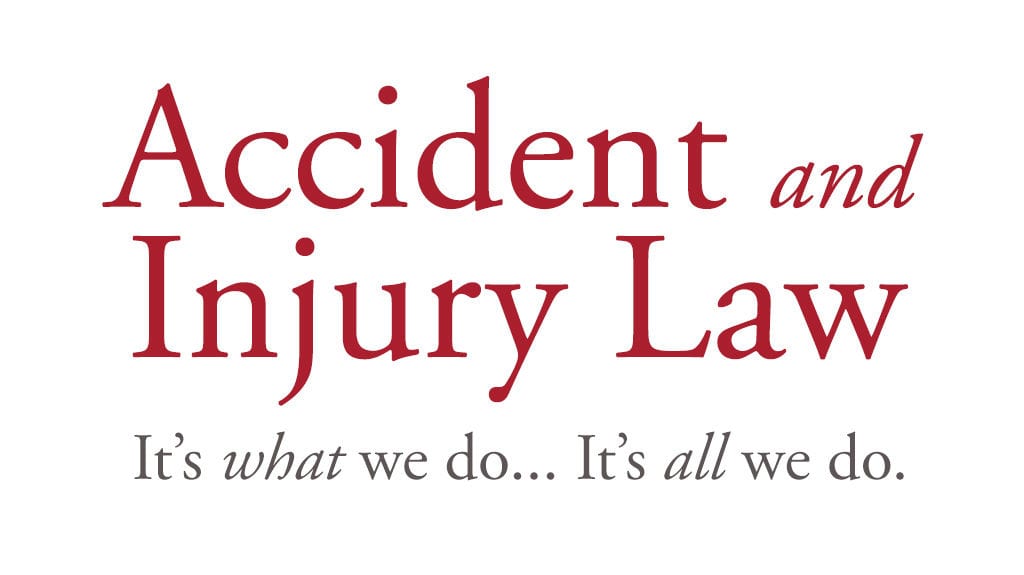Personal injury cases can be complex and emotionally draining, often involving lengthy and costly litigation. However, there exists a less confrontational and more efficient path to resolution: Alternative Dispute Resolution (ADR).
ADR encompasses various methods, including mediation, arbitration, and negotiation, offering parties a way to settle disputes outside the traditional courtroom setting. This approach not only saves time and resources but also provides a more private and controlled environment for resolving sensitive issues.
In this guide, we will delve into the nuances of ADR, exploring how it can be a valuable tool in personal injury cases, offering a pathway to resolution that prioritizes the needs and interests of all parties involved.

Mediation is a facilitated negotiation process where a neutral third-party, known as a mediator, helps the disputing parties find a mutually acceptable solution. Unlike a judge or arbitrator, the mediator does not decide the case but facilitates communication and aids in identifying issues and solutions.
The mediator’s primary role is to guide discussions, ensure fair communication, and help parties understand each other’s viewpoints without imposing their own opinions or decisions.
Mediation allows for personalized solutions, promotes cooperative rather than adversarial interaction, and may lead to more satisfactory and quicker resolutions for both parties.
Arbitration involves a more formal process where an arbitrator, acting like a private judge, listens to both parties’ arguments and evidence before making a binding decision. This process is more structured than mediation but still less formal than court proceedings.
Arbitrators are typically experts in the law and the subject matter of the dispute. They have the authority to make decisions that can be legally binding, depending on the agreement between the parties.
In binding arbitration, the arbitrator’s decision is final and enforceable in court, whereas in non-binding arbitration, the decision is more of a recommendation and not enforceable unless both parties agree.
Negotiation is a direct dialogue between the parties, often facilitated by their attorneys, to reach a settlement without the involvement of a third party. It’s the most informal method of ADR and gives the parties the most control over the outcome.
Attorneys play an important role in advising their clients, drafting settlement proposals, and navigating the legal implications of any agreement reached.
Each of these ADR methods offers distinct advantages and may be chosen based on the specifics of the personal injury case, the preferences of the parties involved, and the complexity of the dispute.

In personal injury cases, where the specifics of each case can vary greatly, these advantages make ADR an alternative to going to court, offering a more tailored and potentially satisfying resolution process for all parties involved.
Not all personal injury cases are ideal for ADR. It’s important to evaluate the specific nature of the case, including the complexity of the issues, the amount in dispute, and the relationship between the parties.
ADR is often more suitable for cases where parties are open to collaboration and where direct communication can lead to effective resolution.
In situations where the parties have an ongoing relationship (such as with certain workplace injuries), ADR can help preserve these relationships by promoting a more amicable resolution process compared to litigation.
ADR may be beneficial when legal and financial resources are limited. It allows for a resolution without the extensive costs and resources required for a trial. It’s important to consider whether ADR agreements can adequately address all legal and financial aspects of the personal injury claim.
Because ADR requires careful consideration, it’s important to consult with a legal professional to determine the best approach for a specific personal injury case.

Collecting and organizing relevant documents and evidence, such as medical records and police reports, can help to present a clear and compelling case during ADR sessions.
When it comes to choosing an ADR professional, factors like the professional’s experience in personal injury law, their approach to ADR, and their reputation should be considered. Sometimes, the parties might mutually agree on a professional based on recommendations or past success rates.
To comprehend the legal ramifications of the ADR process, parties should be aware of the potential outcomes, including the binding nature of arbitration decisions or the non-binding recommendations of mediation. Legal advice from a personal injury attorney can be helpful in understanding these implications and in making informed decisions throughout the ADR process.
Effective preparation for ADR can influence the outcome of a personal injury case, making it necessary for parties to approach this process with diligence and informed understanding.
A primary concern in ADR is the risk of unbalanced agreements, especially if there is disparity between the parties. It’s important that both parties have access to legal advice to ensure fair negotiations and outcomes.
In ADR, the formal discovery process available in litigation is often absent. This limitation can impact the availability and thoroughness of evidence, potentially affecting the fairness and effectiveness of the resolution.
Especially in binding arbitration, the finality of the decision can be a double-edged sword. While it provides closure, it also means limited options for appeal, which can be an important consideration for parties who may not be fully satisfied with the outcome.
Understanding these challenges and limitations is necessary l for anyone considering ADR for their personal injury case.

Alternative Dispute Resolution offers a viable path for resolving personal injury disputes outside the traditional courtroom setting. With benefits like cost-effectiveness, time efficiency, confidentiality, and control, ADR can be a practical choice for many. However, it’s important to understand its challenges and approach the process with well-informed strategies and professional guidance.
If you’re navigating the complexities of a personal injury case and considering ADR, it’s crucial to seek legal advice.
Contact Saladino & Schaaf for a free consultation and let us help you find the most effective resolution for your personal injury claim.
Saladino & Schaaf
Paducah: 270-444-0406
Murray: 270-753-1529
Free Case Evaluation
Harvard Library Guides on Alternative Dispute Resolution Research: This guide provides an overview of ADR and its methods, such as arbitration, mediation, negotiation, and more. It’s a helpful resource for understanding the basics of ADR and its various forms.
Harvard Program on Negotiation: This resource offers information on ADR, focusing on the benefits and challenges associated with different ADR processes. It’s a valuable source for understanding how ADR operates in practice and the key considerations involved in its use.
Legal Information Institute at Cornell Law School: This website offers a comprehensive explanation of ADR, detailing methods like mediation, arbitration, conciliation, negotiation, and transaction. It discusses the roles of these methods in conflict resolution and the rules governing them, as well as the advantages of ADR such as rapidity, confidentiality, and flexibility.
These additional resources offer a broad and detailed perspective on ADR, making them useful for anyone looking to understand the various aspects and applications of ADR in conflict resolution.
To reach a trusted member of our team, contact us by calling:

To reach a trusted member of our team, contact us by calling:
Saladino & Schaaf, PLLC is dedicated to providing high quality, aggressive legal representation to victims of personal injury and wrongful death. Since 1984, this firm and its predecessors have had one goal in mind – to help the victims of personal injury put the pieces of their lives back together.



Saladino & Schaaf, PLLC is a Personal Injury Law Firm with offices in Paducah, KY and Murray, KY. We serve clients throughout Kentucky and Illinois.
This website is designed for general information purposes only. The information presented should not be construed as legal advice nor the formation of a lawyer/client relationship. The results and testimonials on this website are not an indication of future success. Every case is different, and each case must be evaluated on its own merit. No representations are made that the quality of the legal services to be performed is greater than the quality of legal services performed by other lawyers.
Services may be provided by others. Client may be responsible for court costs and/or case expenses.
Copyright © 2024. All Rights Reserved. Privacy Policy